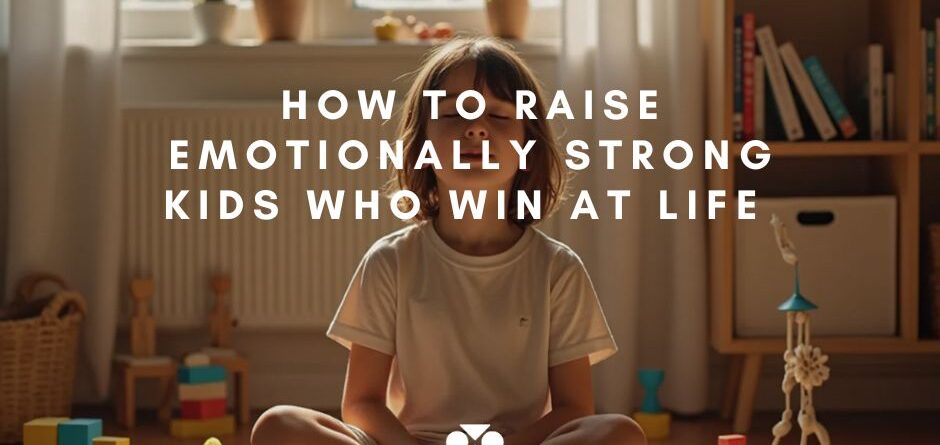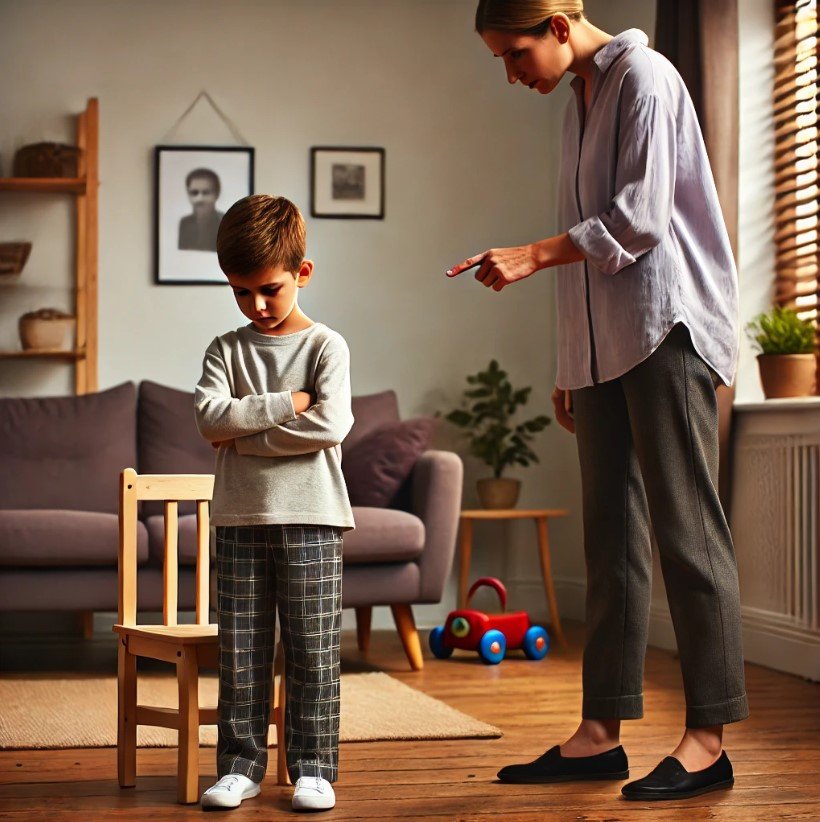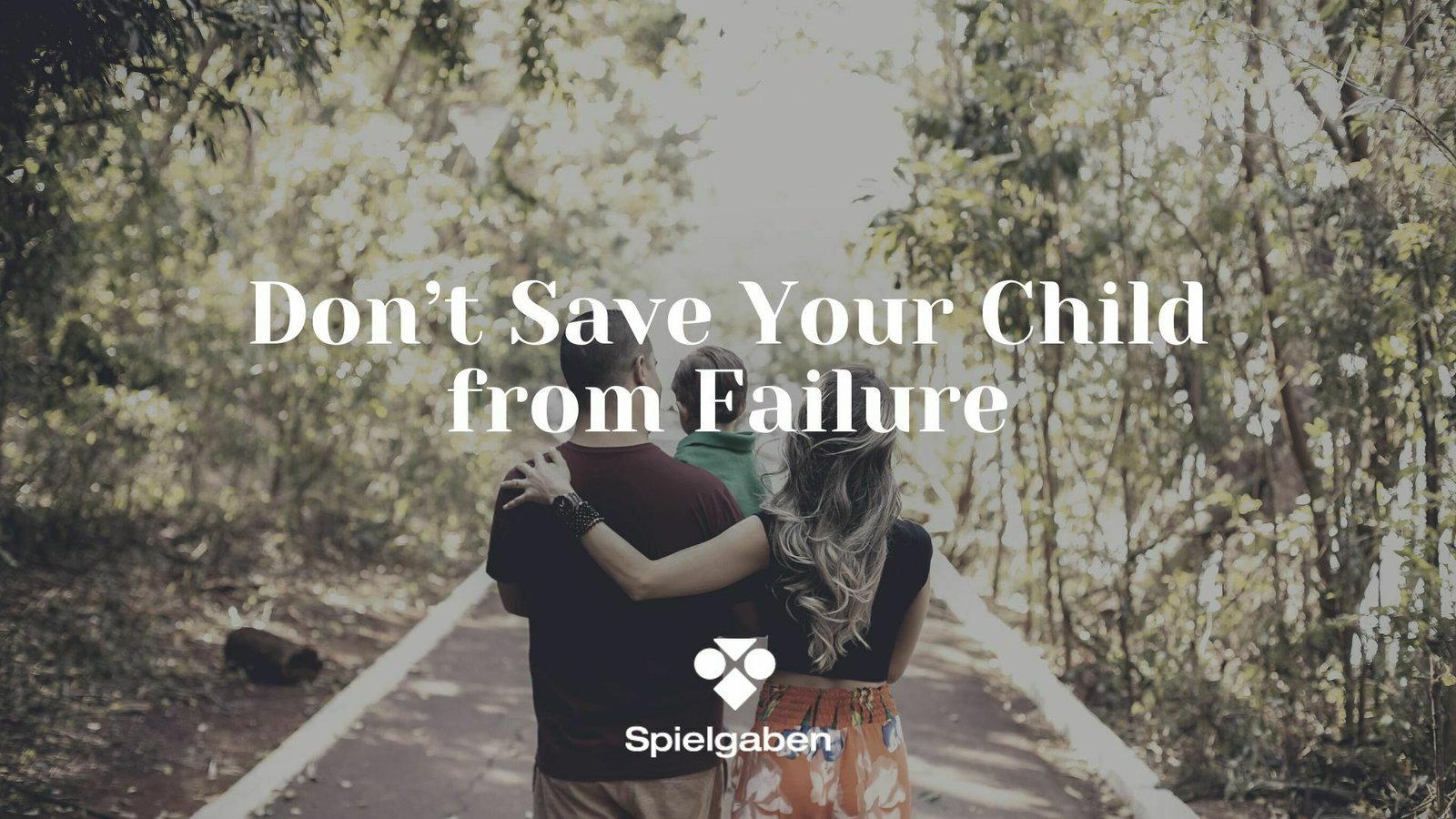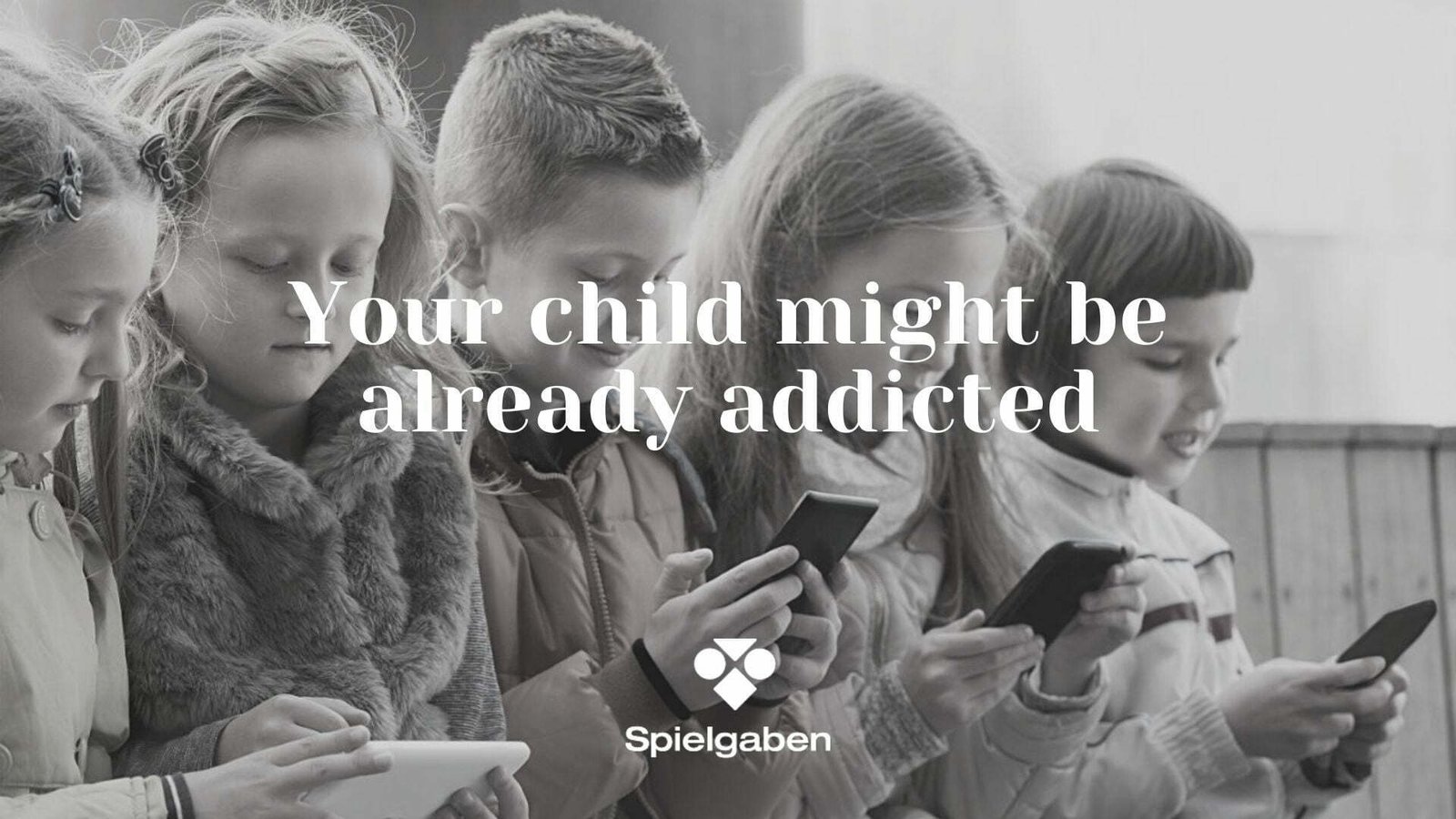How to Raise Emotionally Strong Kids Who Win at Life (Even When Chaos Surrounds Them)
Did you know that 73% of children today experience overwhelming stress before age 10?
If you’re watching your child struggle with big emotions, meltdowns, or anxiety about school and friendships, you’re not alone. Here’s the shocking truth: it’s not the world that’s moving too fast for our kids—it’s their minds that haven’t learned how to slow down yet.
But what if I told you there’s a simple way to teach your child the superpower of emotional strength? What if you could help them become the calm, confident kid who bounces back from setbacks and thrives no matter what life throws their way?
Why Your Child’s Mind Controls Their Entire World
Have you ever watched your child become completely absorbed in building with blocks or drawing? Everything else disappears because their mind has laser focus. This is proof that your child’s reality consists only of what their mind chooses to focus on.
Here’s the game-changer: It’s not the situation that makes your child happy, sad, or anxious—it’s their perspective on the situation.
When you teach your child that their mind can rest, their world rests too. No more racing thoughts about yesterday’s playground drama or tomorrow’s test. Your child learns to find peace in the present moment.
The 3-Minute Awareness Exercise That Changes Everything
Want to help your child manage big emotions instantly? Try this:
- Step 1: When your child feels upset, have them sit quietly for 3 minutes
- Step 2: Ask them to notice their feelings without trying to change them
- Step 3: Watch as the emotional storm naturally passes
This simple technique teaches your child they can observe their emotions without being controlled by them.
Stop Teaching Your Child They ARE Their Feelings
Here’s what most parents get wrong: we accidentally teach our kids that anger, sadness, or frustration define who they are.
The truth? Your child is not their feelings.
Think of emotions like weather passing through the sky. Your child is the sky—vast, unchanging, and beautiful. The storms (emotions) come and go, but the sky remains.
The Fish Tank Method That Works Every Time
Imagine a fish tank with mud at the bottom. When you shake it, the mud swirls everywhere. Do you stick your hands in to push the mud down? Of course not! You let it settle naturally.
Your child’s negative emotions work exactly the same way. Instead of trying to “fix” their feelings, teach them to:
- Observe the emotional energy without judgment
- Wait for it to naturally change and flow
- Remember that all feelings are temporary
How to Raise Kids Who Choose Happiness Over Success
Everyone wants their child to succeed, but here’s what’s worse than failure: raising a child who achieves everything yet feels empty inside.
Your mission? Teach your child to choose happiness over hollow success.
The Passion vs. Wisdom Balance
When your child gets excited about something new—whether it’s soccer, art, or making friends—they often go all-in. But passion without wisdom leads to burnout and disappointment.
Here’s how to help them find balance:
- Encourage their enthusiasm while teaching realistic expectations
- Show them how to consider other people’s needs and feelings
- Remind them that effectiveness matters more than intensity
Remember: Your child’s eagerness doesn’t automatically equal effectiveness. Help them combine their natural passion with growing wisdom.
The Secret to Raising Kids Who Love Without Drama
Want your child to build amazing friendships and family relationships? The secret is teaching them to love without ego and selfishness.
Three Relationship Skills Every Child Needs
1. Heart-First Communication Teach your child to speak from their heart, not their head. When they use simple, honest words guided by kindness, everyone understands them clearly.
2. The 30-Second Rule When someone annoys your child, teach them to take a deep breath, wait 30 seconds, then walk away if needed. Why extend time with difficult people?
3. The Campfire Friendship Principle Healthy friendships are like campfires—they provide warmth and light. But sit too close for too long, and you’ll get burned. Every friendship needs space to stay strong.
Studies show that children who learn these skills have 40% better social relationships throughout their lives.
How to Give Your Child Unshakeable Confidence
Real fulfillment comes from within, not from external achievements or other people’s approval. You can teach your child this life-changing truth today.
The Ownership Mindset That Builds Self-Worth
When your child takes ownership of small moments, their self-worth skyrockets. Encourage them to:
- Pick up litter they see (even if they didn’t drop it)
- Give honest opinions when asked
- Help without being asked
- Take responsibility for their mistakes
These tiny acts build massive confidence over time.
Stop the “What Will People Think?” Trap
Here’s liberating news for your child: people think about them far less than they imagine. Can you remember exactly what your neighbor wore yesterday? Neither can anyone else about your child’s “embarrassing” moments.
Teach your child this freedom: Not everyone has to like them, and that’s perfectly fine. They can’t control other people’s thoughts, so why waste energy trying?
The Daily Joy Discovery Method
Real happiness lives in ordinary moments, not just special occasions. Your child brushes their teeth, walks to school, and eats dinner every day. These mundane activities hold hidden joy when approached with the right mindset.
The secret? Help your child find meaning in the steps toward their goals, not just the end results.
Conclusion
Your child doesn’t have to be overwhelmed by today’s chaotic world. Through mindfulness and self-awareness, you can help them discover their unique place in this amazing universe while building unshakeable emotional strength.
Start with just one technique today. Choose the 3-minute awareness exercise or the ownership mindset—don’t try to implement everything at once. Your child will naturally absorb these lessons when you model them consistently.
Remember: small changes create massive transformations. When your child learns to rest their mind, love authentically, and own their choices, they develop the ultimate superpower—inner peace that no external circumstance can shake.
Your first step? Tonight, before bedtime, ask your child: “What made you feel proud of yourself today?” Watch their face light up as they discover joy in ordinary moments.
Want to accelerate this journey? Consider how hands-on, screen-free activities naturally build the focus and emotional regulation skills we’ve discussed. When children engage with physical materials that challenge their creativity and problem-solving abilities, they develop the same mindful awareness that leads to emotional strength. Tools like Spielgaben create these perfect learning moments where play becomes the pathway to inner confidence.













LEAVE A COMMENT